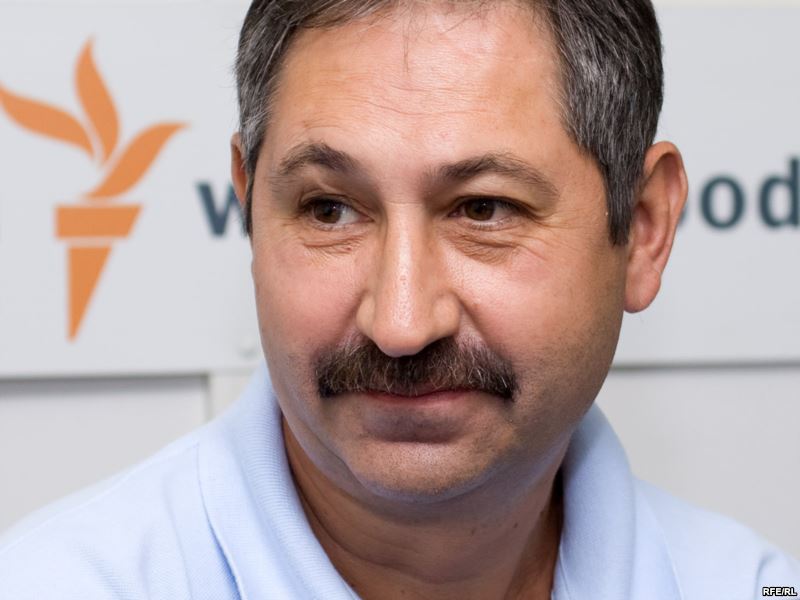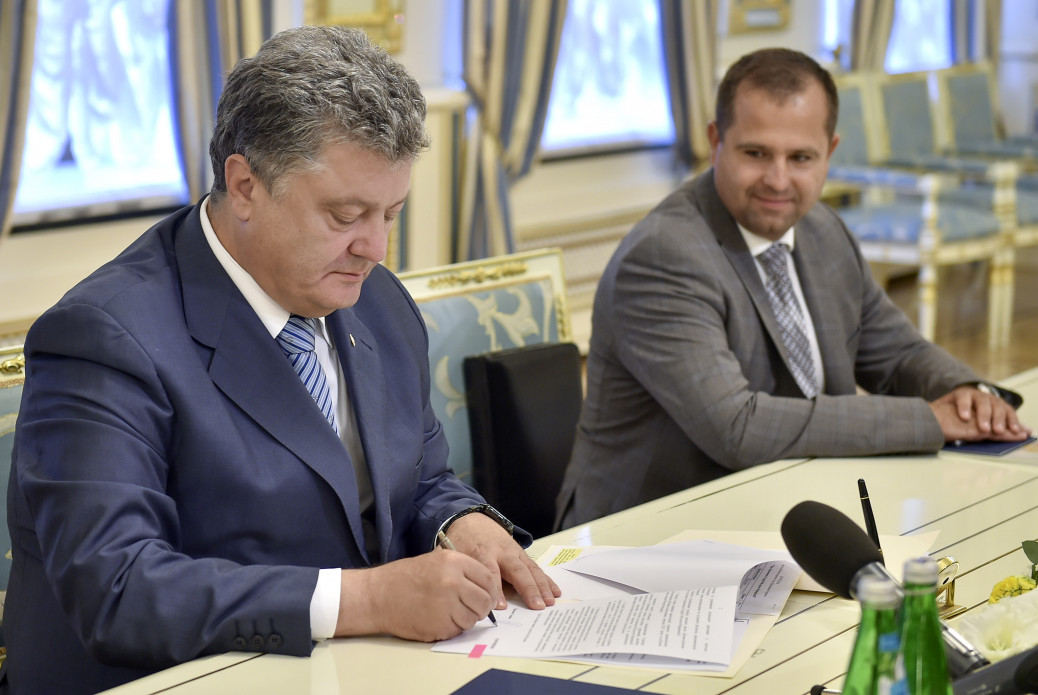Ukraine sent its proposals to the EU Commission aimed to solve the gas conflict with Russia, reported Minister for Energy and the Coal Industry Yury Prodan.
“We sent our proposals that deal with regulating the Gazprom situation. The EU Commission will most probably, possibly, accord them with the Russian side,” he noted.
According to him, the EU Commission should account for the proposals sent in by Ukraine and Russia and develop a single agreement on their basis.
After the last trilateral meeting in Berlin, Yury Prodan claimed the Ukrainian side had not accepted Russia’s offer. Before this statement, EU Commissioner for Energy Gunther Oettinger reported that Ukraine was to pay Russian 2 billion USD by the end of October, and over 1 billion USD for the gas consumed earlier by the end of the year.
Ukraine’s conditions and Russia’s unwillingness
What does Ukraine insist on during the meetings? According to President of the Kyiv Energy Research Institute Oleksandr Narbut, there are three basic points. The first is not only achieving an agreement but legal grounds as well, so that this does not have any sort of influence on the decision of the Stockholm Court, which is currently examining the plaint on Ukraine’s part. As such, Narbut emphasizes, Ukraine does not want amendments to the current agreement, but for the price to be determined based on the decisions of the Russian government. A separate agreement is necessary.
“The market price at the moment should be closer to $350,” Narbut says.
The second point, according to him, is according the schedule for debt payback.
“This schedule does not accord with Russia’s intention to get everything at once, or to immediately get 2 billion, and get other parts of the 3-billion dollar debt by the end of the ear,” Oleksandr Narbut continues.
The third thing the Ukrainian side insists one is the change of the transit contract in a way for Kyiv to be responsible for transit to Europe, “and no be a hostage of the manipulation happening on Russia’s part at the moment,” Norbut says.
Russia continues to put gas pressure on reversal
According to member of the observation council at the Energy Strategy Institute Yury Korolchuk, at the moment the biggest obstacle to reaching an agreement with Russia are two things. First, Gazprom wants to make an agreement for half a year, so for the fall-winter period, and Ukraine insists on year-long agreements. Second, Ukraine lacks money, Korolchuk says.
Does Ukraine have good chances of agreeing with Gazprom? According to experts, not really. Taking the current conditions into account, Gazprom is unlikely to change their position significantly. Plus, the Russian side is traditionally using gas as a trigger of influence on Europe. Gazprom is periodically decreasing gas supplies to European consumers. Slovakia and Poland are still doing their duty of organizing reverse gas supplies to Ukraine. Hungary has suspended gas supplies, however.
On Wednesday, October 8, Hungarian Prime Minister Viktor Orban assured German Chancellor Angela Merkel that his country supports Brussels’ universal energy policy on Ukraine. He added that starting January 1, 2015, together with Slovakia, they “would be able to supply not only Russian gas to our Ukrainian friends, if they are willing.” Meanwhile Orban also stated that first and foremost Hungary had to ensure their own energy security, and therefore they were speeding up the process of filling their own gas reservoirs with Russian gas on the brink of winter.
Is there life without Russian gas?
Will Ukraine be able to survive the heating season without Russian gas, and if there are no gas reverse supplies from Hungary until the end of the year?
According to deputy Chairman of the Board of Naftogaz, Oleksandr Todiychuk, Ukraine is still hoping on agreements with Moscow, however “it has high chances” of surviving this winter without new gas supplies from Russia.
“This year could enter our energy history, if we don’t receive Russian gas. However, I would not say that we will survive the winter without Russian gas at all, because part of the fuel in the reservoirs is Russian gas we pumped in spring,” Oleksandr Todiychuk said to Radio Liberty in the end of September.
Yury Korolchuk agrees that theoretically Ukraine could survive the winter without gas supplies from Russia, however, he adds that it would be difficult.
“We could buy more reversed gas, pump out all the gas from the underground reservoirs, but in April of 2015 we will not only be naked and barefoot, we would have nothing. And where we would get gas for our underground reservoirs then?” Yury Korolchuk emphasizes.
The 2-billion gas hole
Today there is a little less than 17 billion cubic meters of fuel in Ukrainian underground gas reservoirs. To guarantee the survival during the fall-winter period, they require another 2 billion. (We need at least 19). At the moment Ukraine’s annual gas consumption constitutes about 45 billion cubic meters. About 29 billion fall to the heating season. 10 of them is gas extracted in Ukraine. Another 11 billion can be received from underground gas reservoirs (the remaining 6 are buffer gas).
According to optimistic scenarios, thought reverse corridors through Slovakia and Poland (without accounting for the Hungarian one), Ukraine may receive up to one billion cubic meters of gas per month. (However, this is in theory, most experts think that in practice under current conditions this number will be lower). If we assume that starting January Hungary does renew reversals, Ukraine will be able to receive 6 billion after all. This way, the fuel deficit will remain at 2 billion. Which is approximately the amount needed to pump into the underground reservoirs.
In March of this year experts criticized the current government numerous times for not pumping Russian gas into the reservoirs, while the discount Yanukovych’s government had gotten in December was still in effect. Back then its price was 268,5 USD per thousand cubic meters. Had they done it then, there would have been no hole in Ukraine’s gas balance now.
Meanwhile, gas remains perhaps the only industry which is untouchable to EU sanctions against Russia. At the moment not only Ukraine, but Europe as well are very dependent on Russian gas. In the report made by the Institute of Energy Economy at the Cologne University, it is said that Finland is most dependent on Russian gas out of all European states. This country will feel the lack of fuel even if Russia suspends its import for just a month. Meanwhile other European countries can deal without Russian gas for between three and nine months.






